Carbonatite
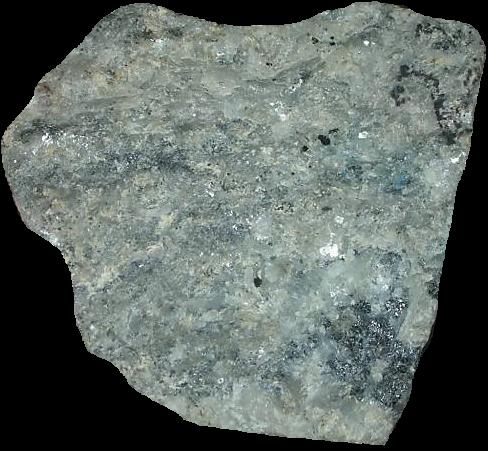
Photographed by Michael P. Klimetz
Palabora
SOUTH AFRICA
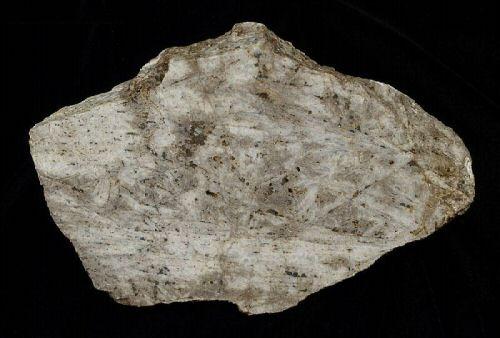
Photographed by Tony Peterson
Kaiserstuhl
GERMANY
Carbonatite is an intrusive or extrusive igneous rock defined by a mineralogic composition consisting of greater than 70 volume percent carbonate minerals. Carbonatite may be confused with marble, and may require geochemical verification. Carbonatite usually occurs as small plugs within zoned alkalic intrusive complexes, or as dikes, sills, breccias, and veins. It is, almost exclusively, associated with continental rift-related tectonic settings. The majority of carbonatite complexes are Proterozoic or Phanerozoic in age. It seems that there has been a steady increase in carbonatitic igneous activity through the Earth's history, from Archean to present. Nearly all carbonatite occurrences are intrusive or subvolcanic intrusive. This is because carbonatite lava flows are unstable and react quickly in the atmosphere. Only one carbonatite volcano is known to have erupted in historical time, Oldoinyo Lengai in Tanzania. It erupted the lowest temperature lava in the world, at 500-600°C (930-1,100°F).
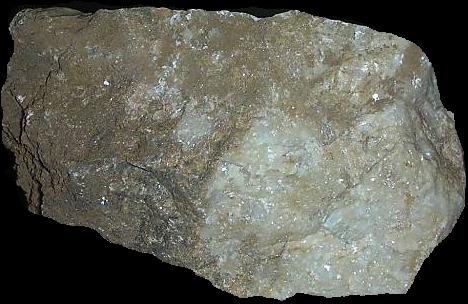
Photographed by Michael P. Klimetz
Tororo
UGANDA
Photographed by Tony Peterson
Kaiserstuhl
GERMANY
Photographed by Michael P. Klimetz
ARKANSAS
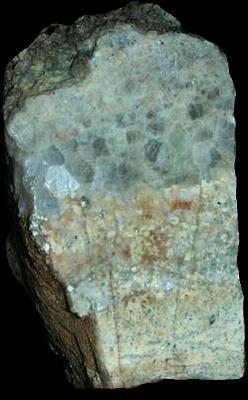
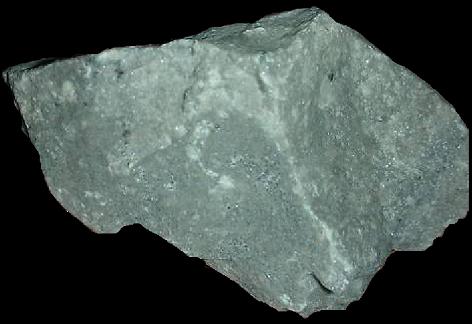
Photographed by Michael P. Klimetz
Palabora
SOUTH AFRICA
Photographed by Michael P. Klimetz
Dreamer's Hope
McClure Mountain-Iron Mountain Alkaline Complex
Fremont County
COLORADO
Photographed by Michael P. Klimetz
Udaipur
Rajastan
INDIA
Photographed by Michael P. Klimetz
Udaipur
Rajastan
INDIA
Photographed by Michael P. Klimetz
Goldie Carbonatite
COLORADO
Photographed by Michael P. Klimetz
Goldie Carbonatite
COLORADO